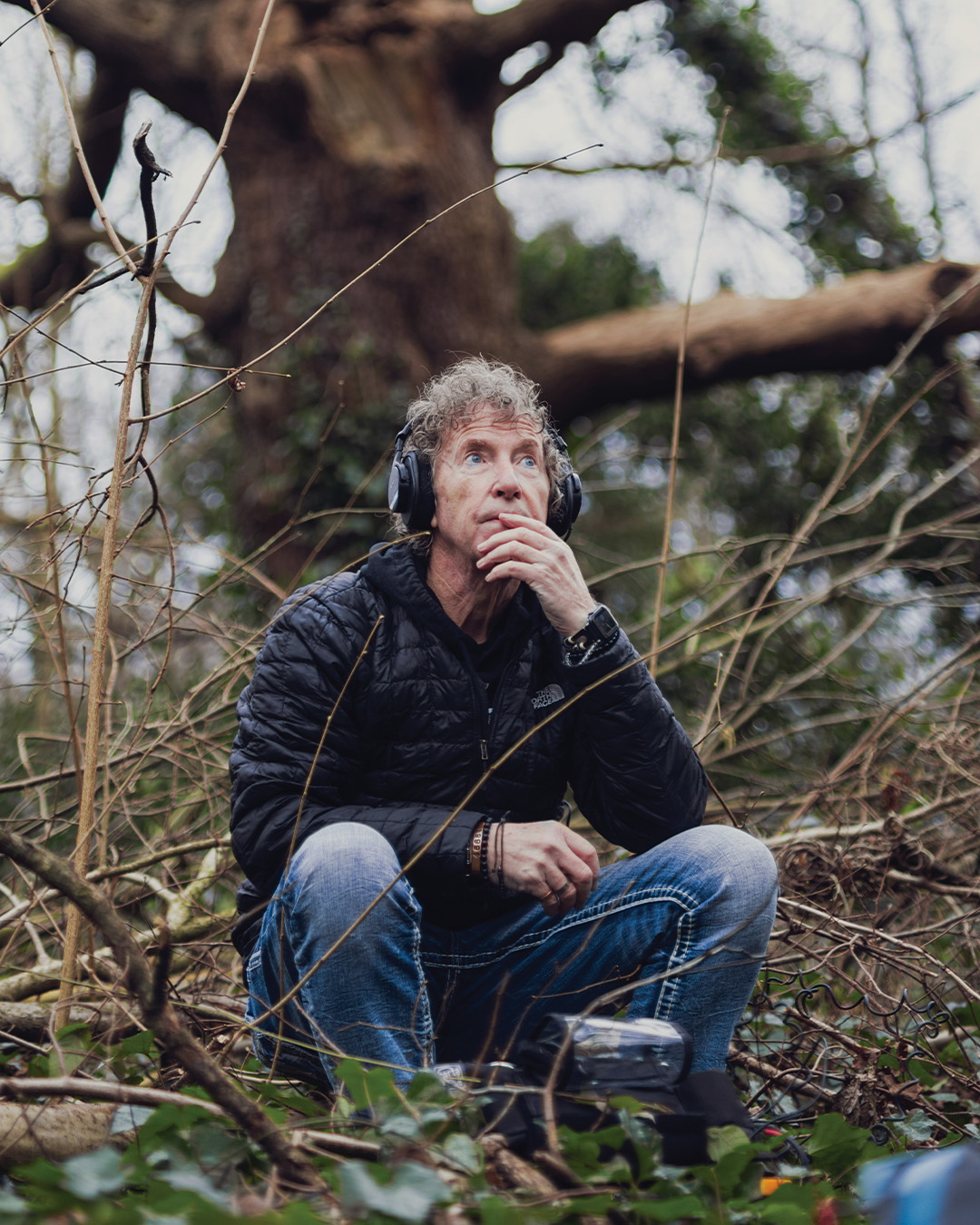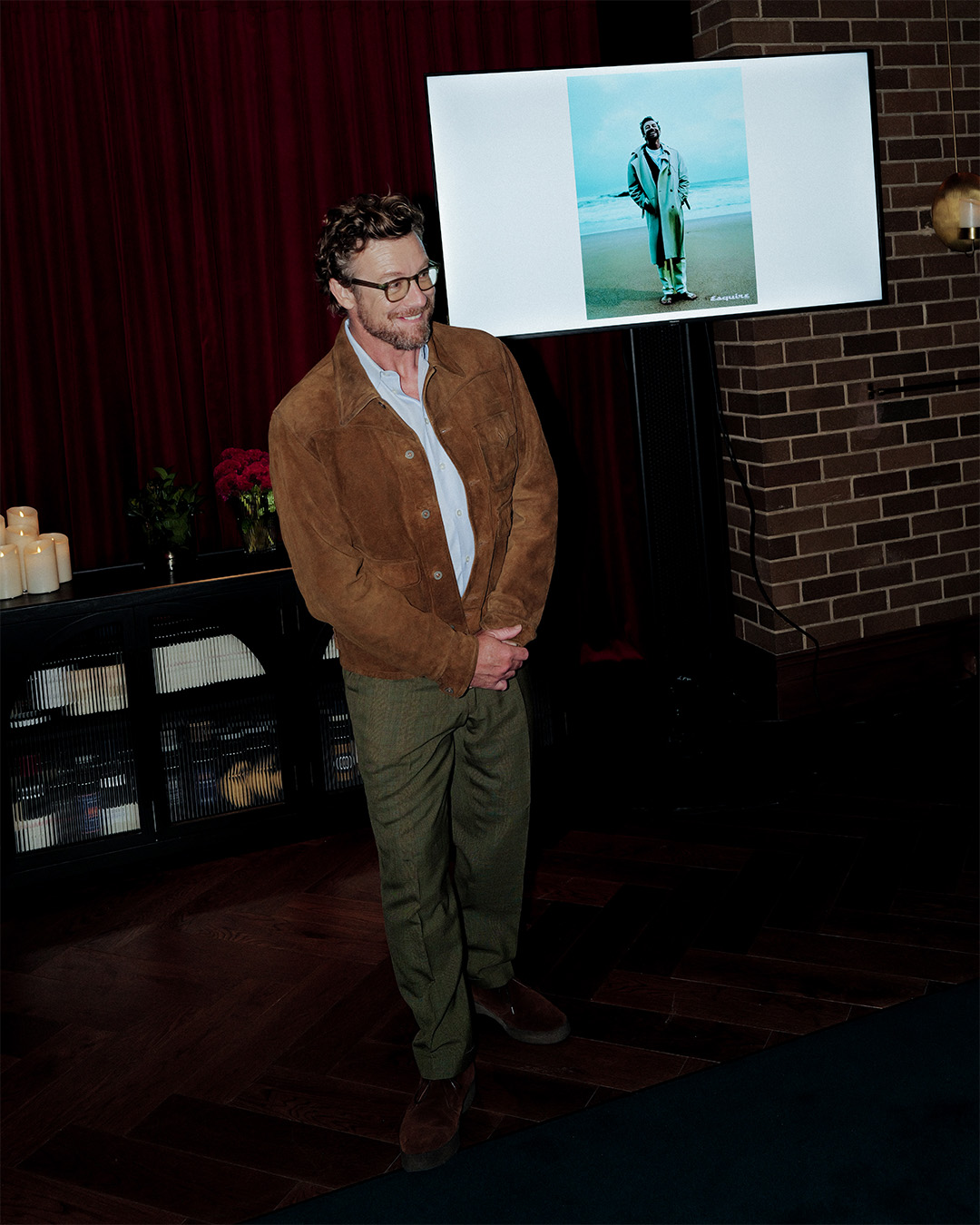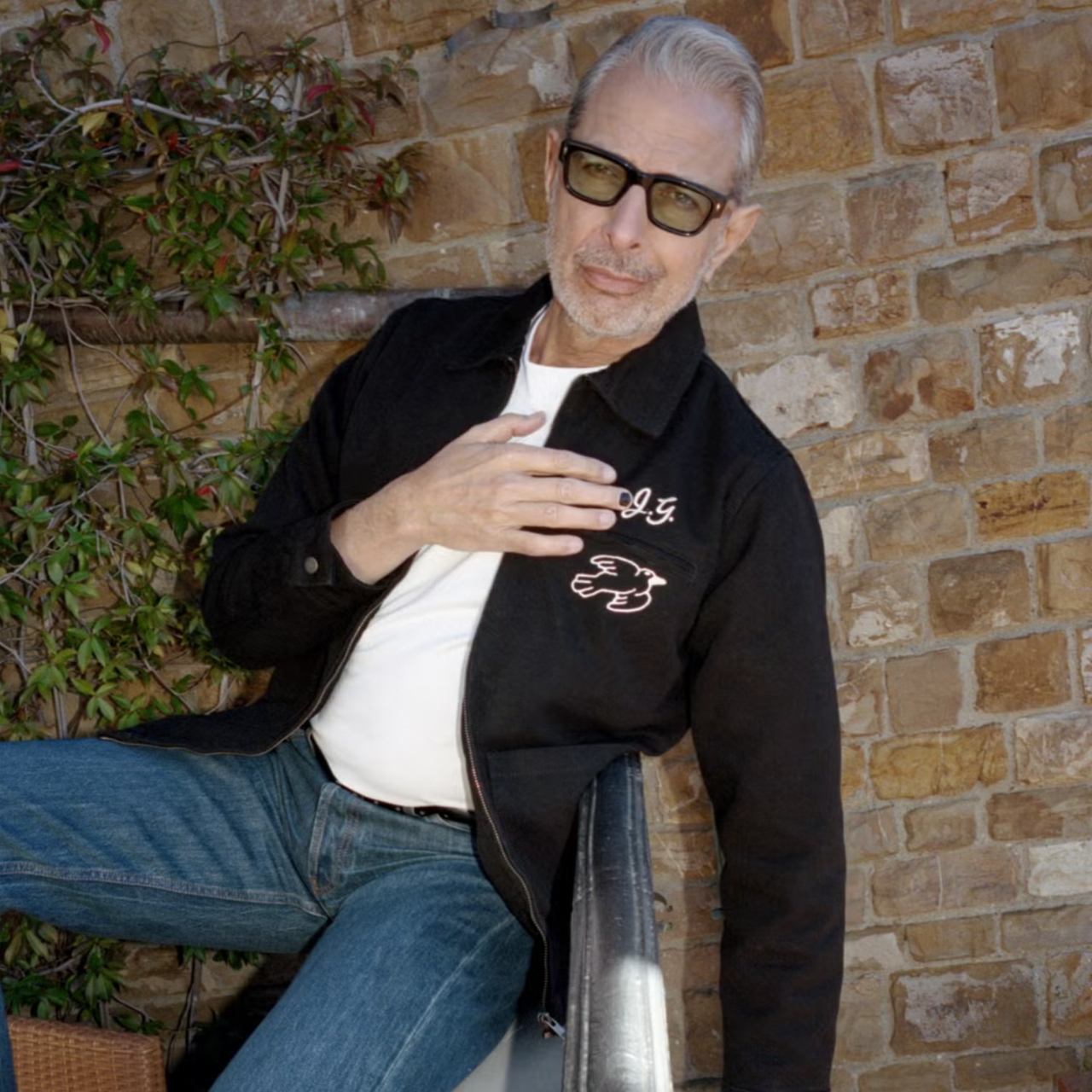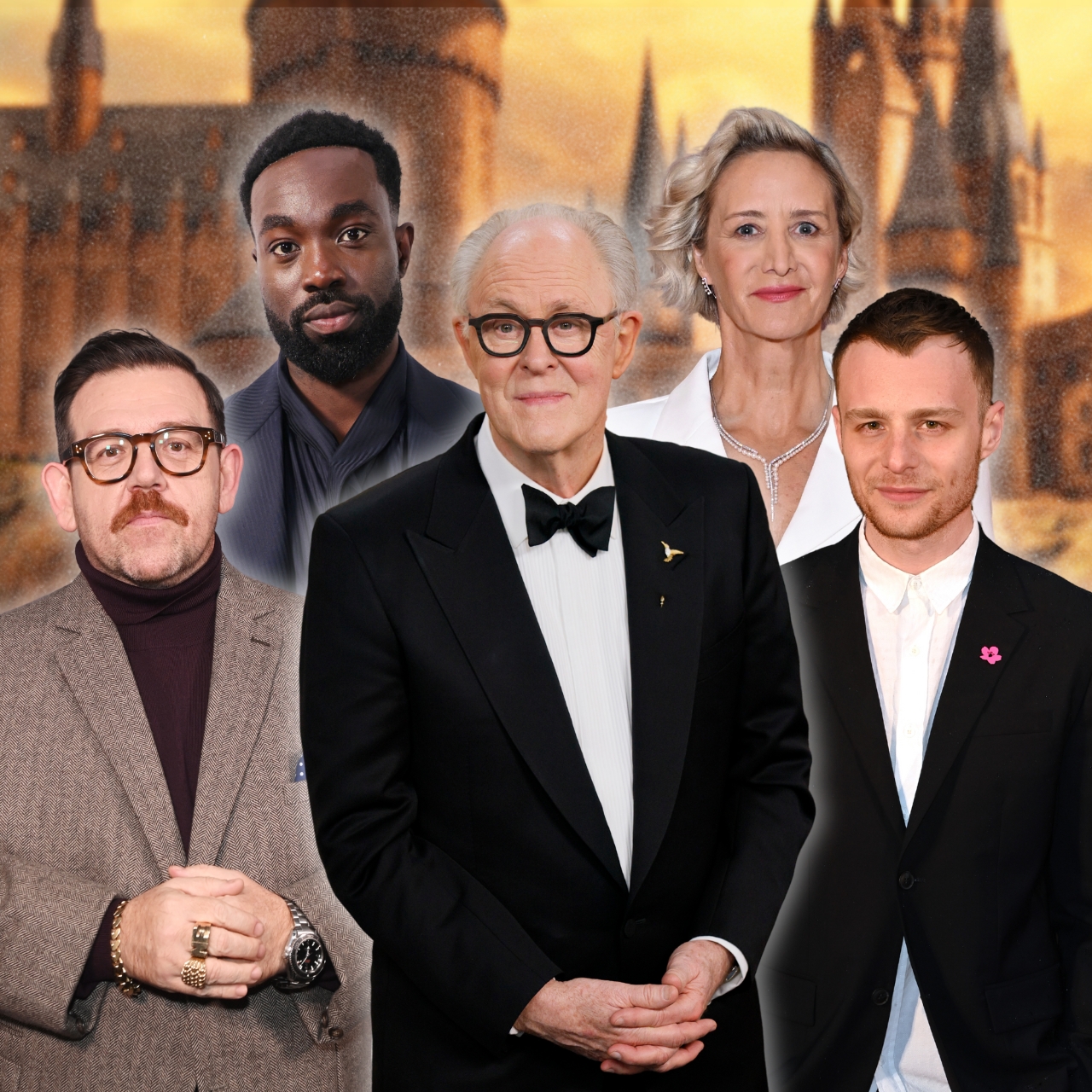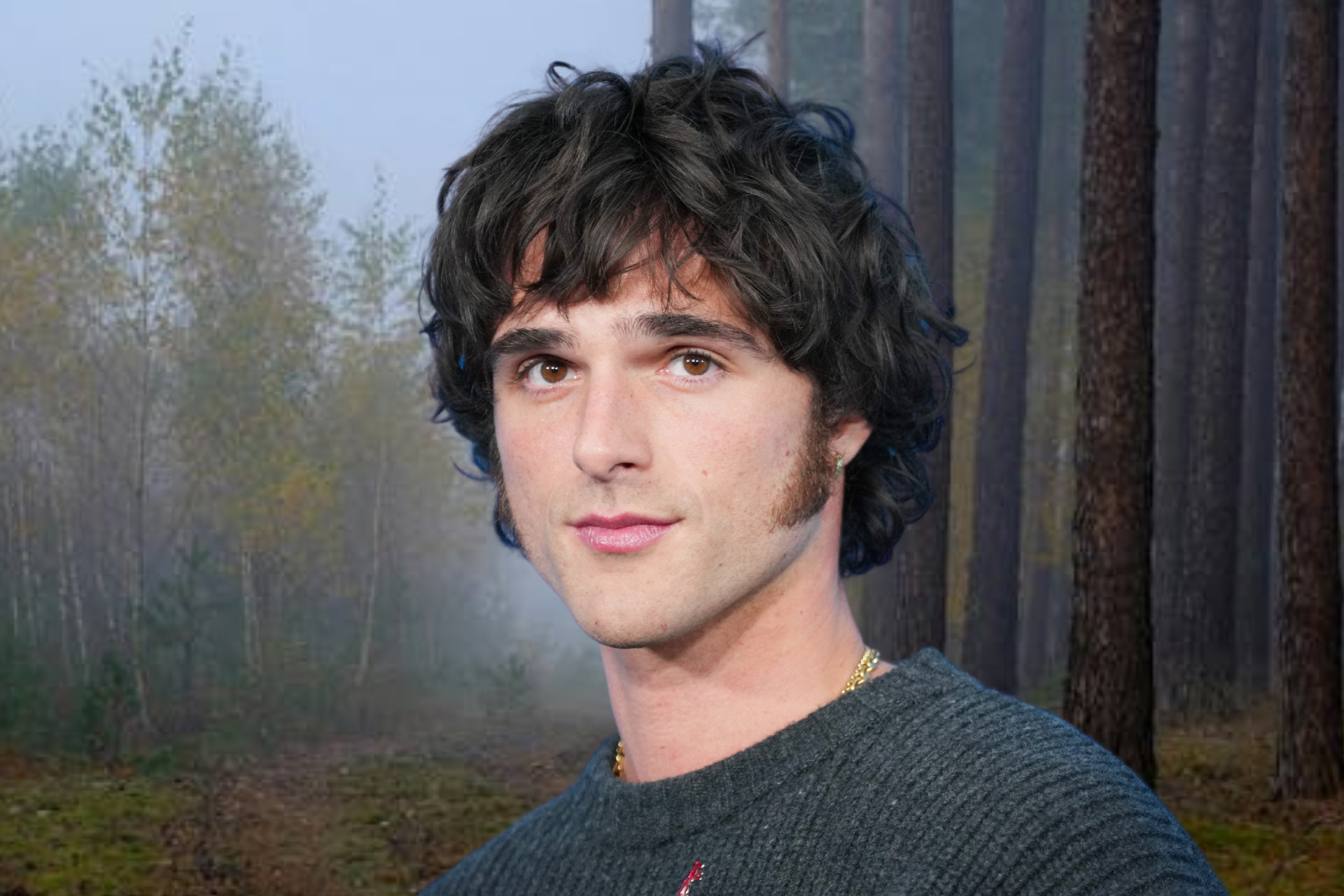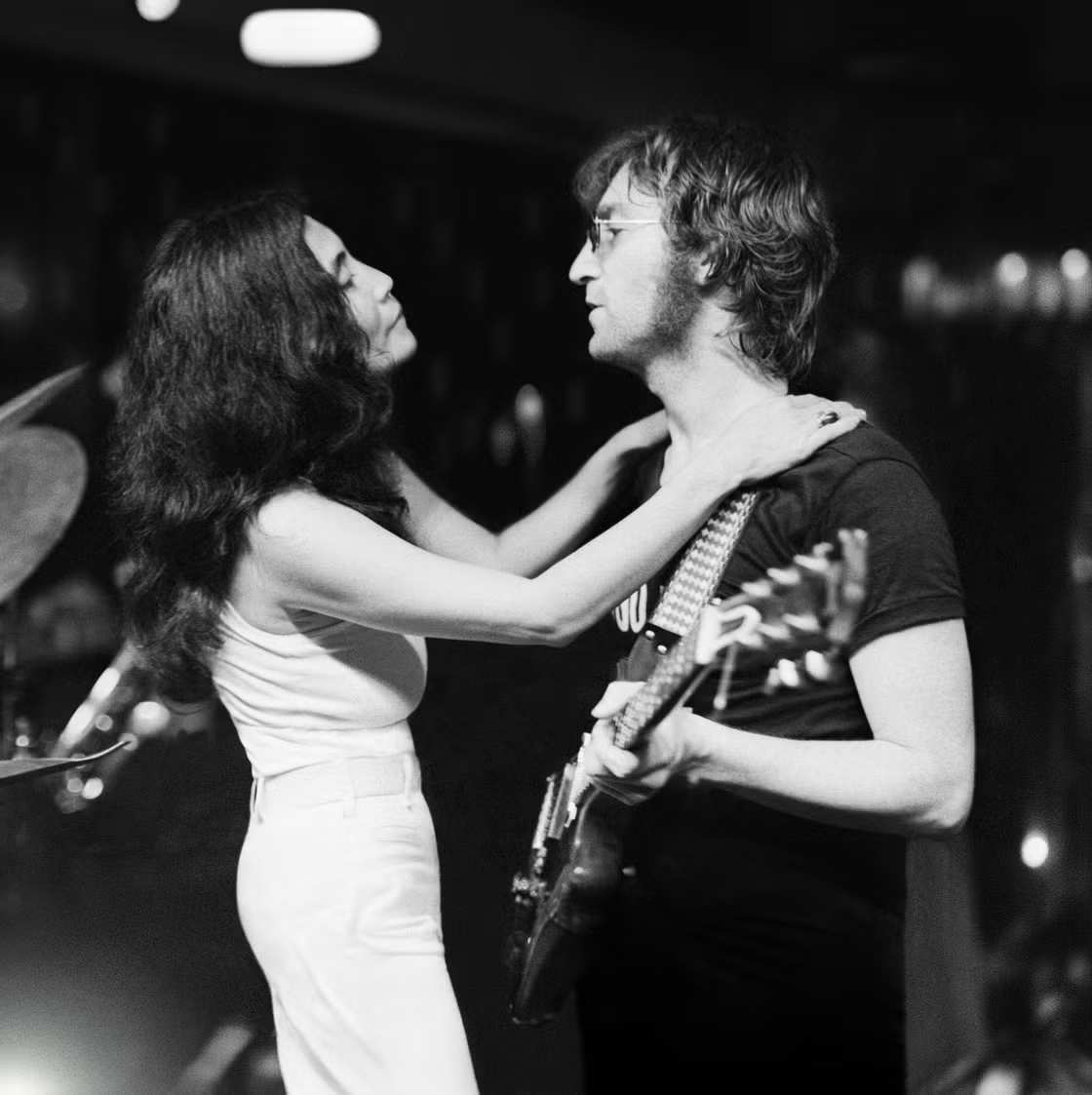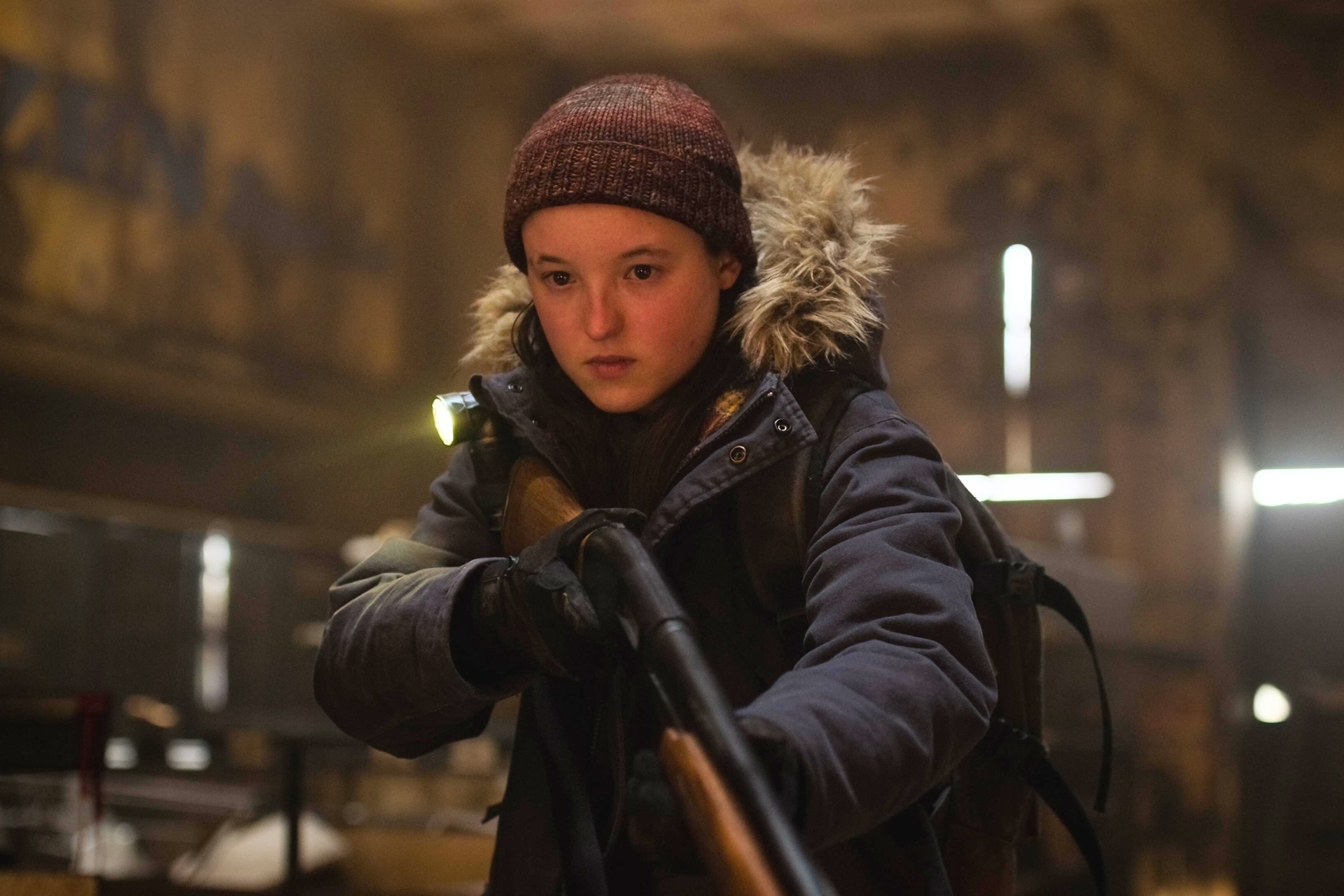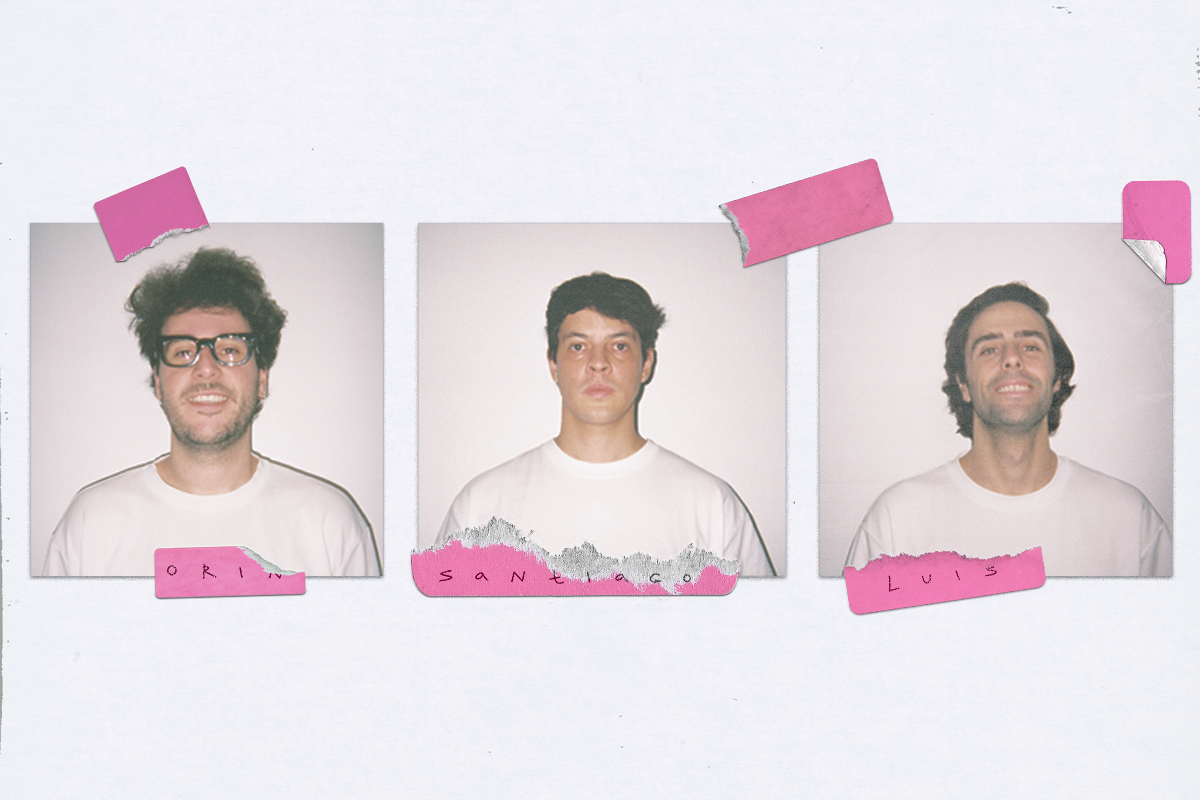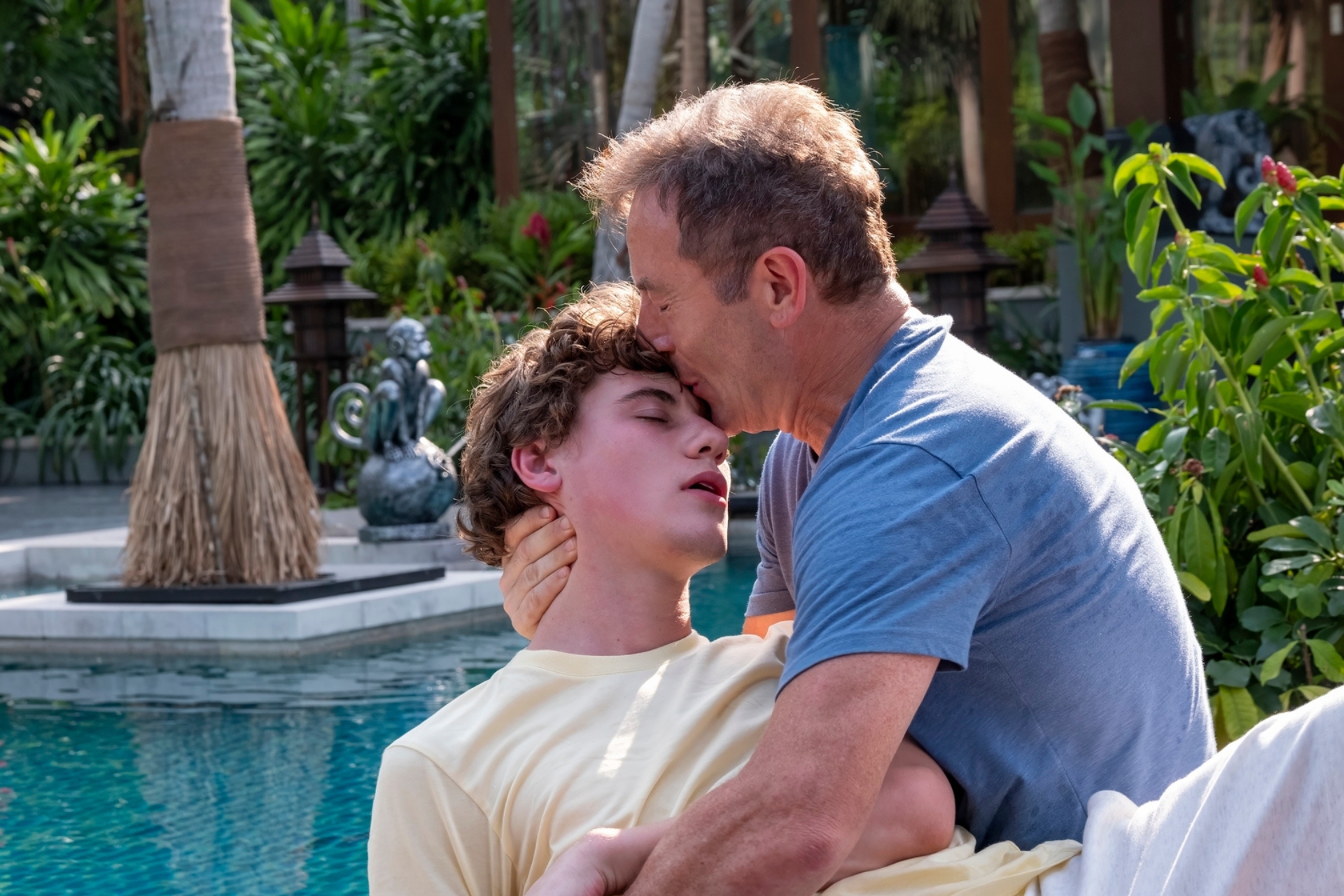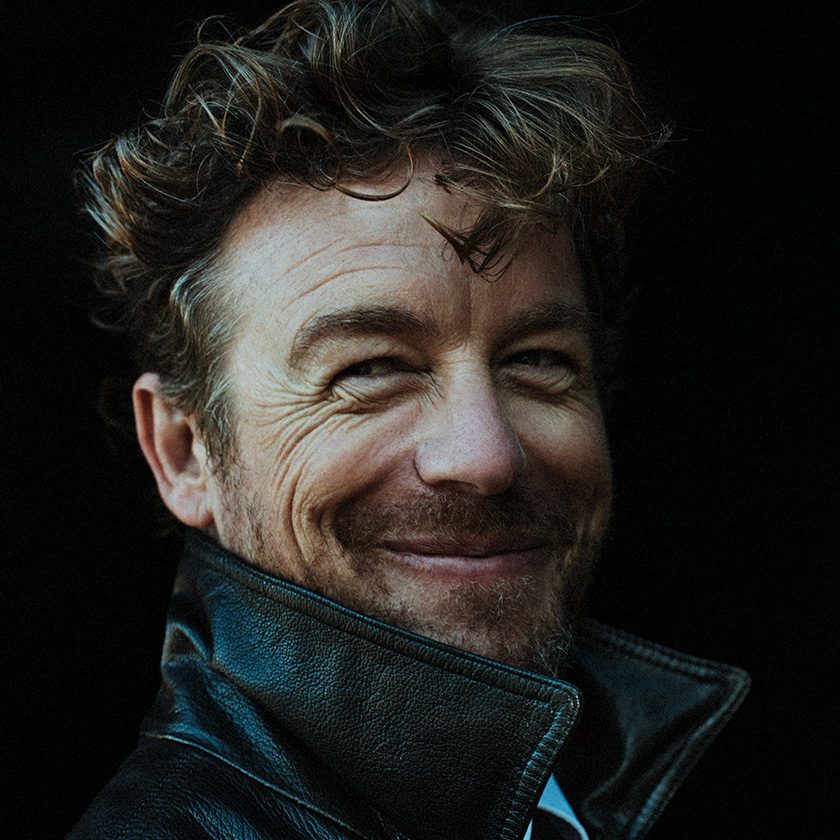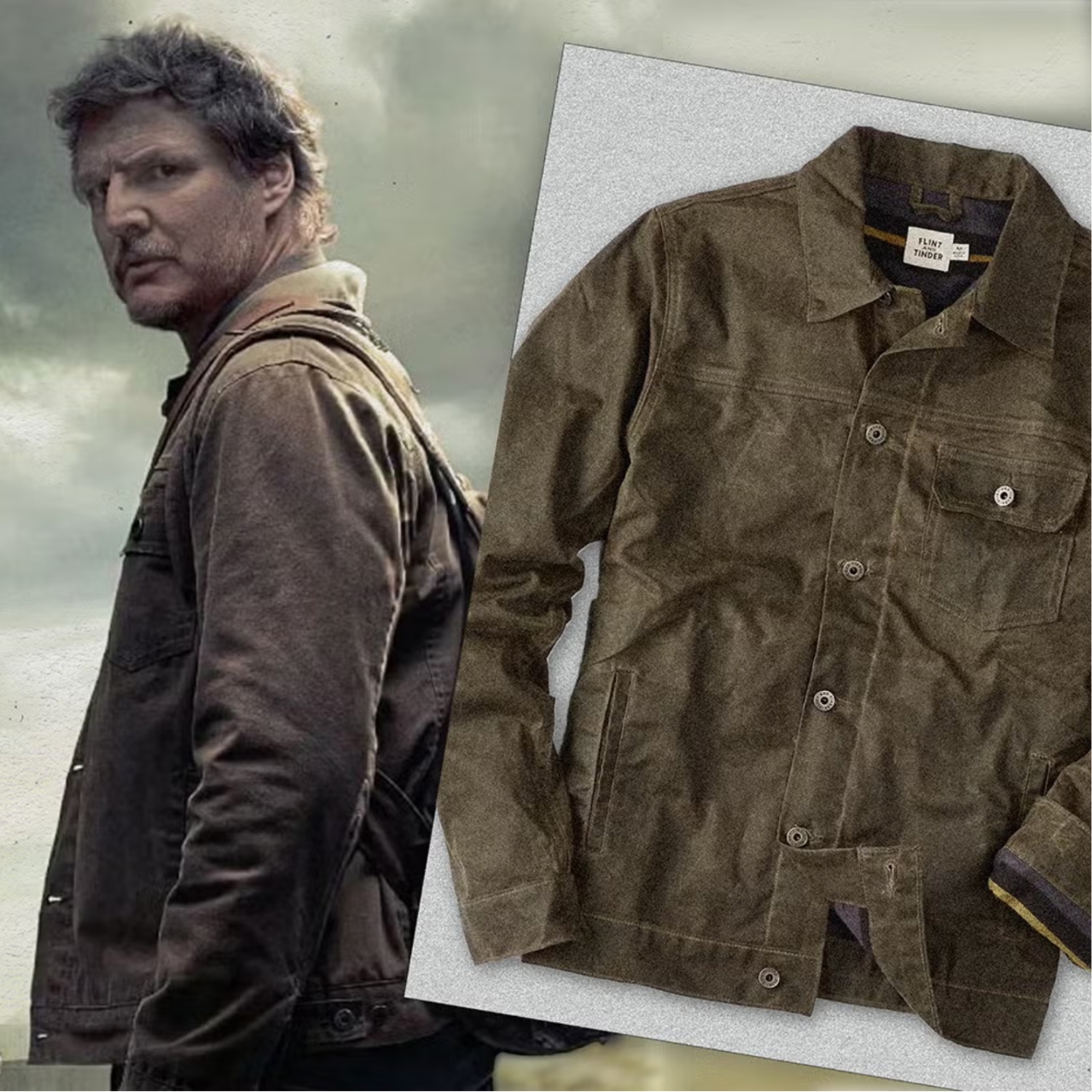The director of ‘The Last of Us’ knows season 2 is daunting as hell
In season 1, Craig Mazin broke the video-game adaptation curse. But anyone who's familiar with the source material understands that it's nothing compared to what's next
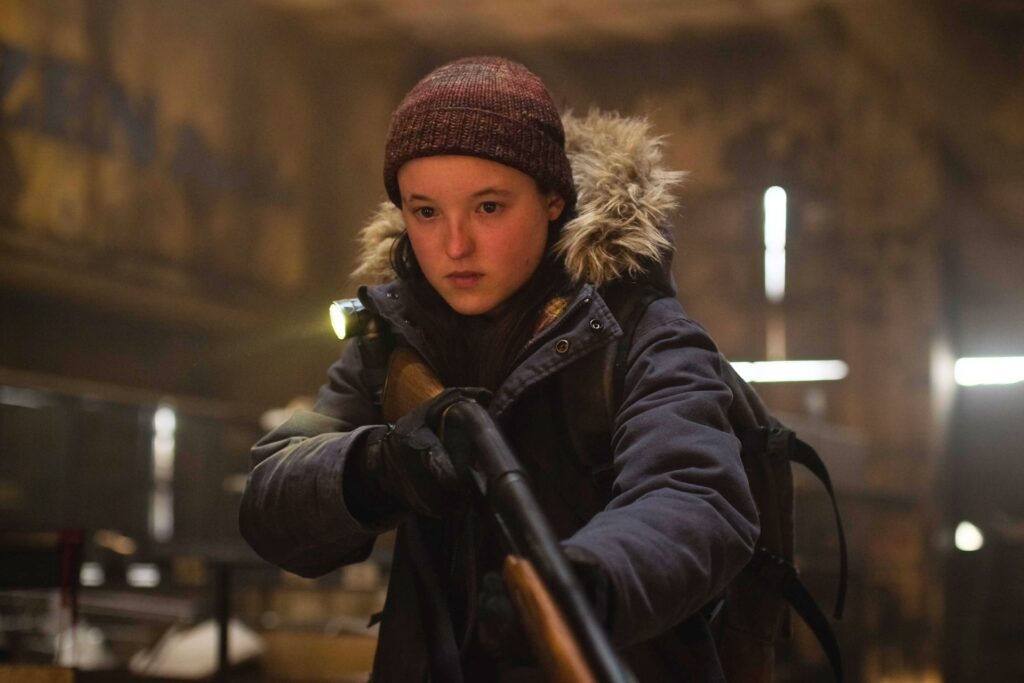
LIKE SO MANY GAMERS before him, Craig Mazin remembers the exact feeling of playing The Last of Us for the first time. How much was he blown away by the tale of fungus-addled monsters, country twang, and an unlikely psuedo-father-daughter bond? Well, the 54-year-old writer-director would go on to co-create HBO’s live-action adaptation with its creator, Neil Druckmann. The series premiered in 2023 to the tune of mass critical praise and a whole lot of trophies, especially for its star, the great Pedro Pascal. But a decade ago, Mazin was just a dude with a clunky Xbox controller in his hands.
“I remember when the game started, I was like, ‘I get it. It’s like Uncharted,’ ” Mazin tells me.“I’m playing as this little girl. I’m walking around my house. Here come the zombies. Here comes my dad. And then she died. And I just was like, ‘What is this?!’ When it was over, I just thought, I’ve been playing video games my whole life. I never felt anything like that.“
Mazin’s next thought? “Oh, man, I wish I could adapt this,” he recalls. “They’ll never let me anywhere near this.” Then, in 2019, Mazin wrote, directed, and produced the exceptional historical drama, Chernobyl, for HBO, which rocket-launched him to the gig of a lifetime. Fast-forward to this Sunday night, when Mazin and Druckmann premiered The Last of Us season 2, episode 1 on HBO. Mazin once again directed the season premiere, which picks up five years after the events of season 1 with Joel, Ellie (Bella Ramsey), and a mysterious new character named Abby (Kaitlyn Dever).
Mazin and Druckmann have kept the HBO adaptation largely faithful to the story of The Last of Us and its sequel, The Last of Us Part II. Season 2, in part, adapts the latter – we won’t spoil anything here, but expect quite a few zeitgeist-shattering moments to go down between now and the finale. Quite simply, Mazin speaks for all of us when he expresses his happiness – relief might be the better word, actually – that video-game adaptations are finally good.
“Everybody kind of laughed for a long time about how bad video game adaptations were,” he says. “And there were a lot of bad ones. Mostly because the people doing the adaptation didn’t get it. They weren’t fans. They didn’t love it. But it’s changed. Most people in traditional Hollywood do not understand the financial earthquake that is about to occur when Grand Theft Auto VI comes out. It will make more money than most of the studios make all year combined.”
Below, Mazin breaks down The Last of Us season 2 premiere in his own words, including how he brought Isabela Merced’s Dina to life, why he put Joel in therapy, and if he’s worried about the potential backlash to the show’s sophomore effort.
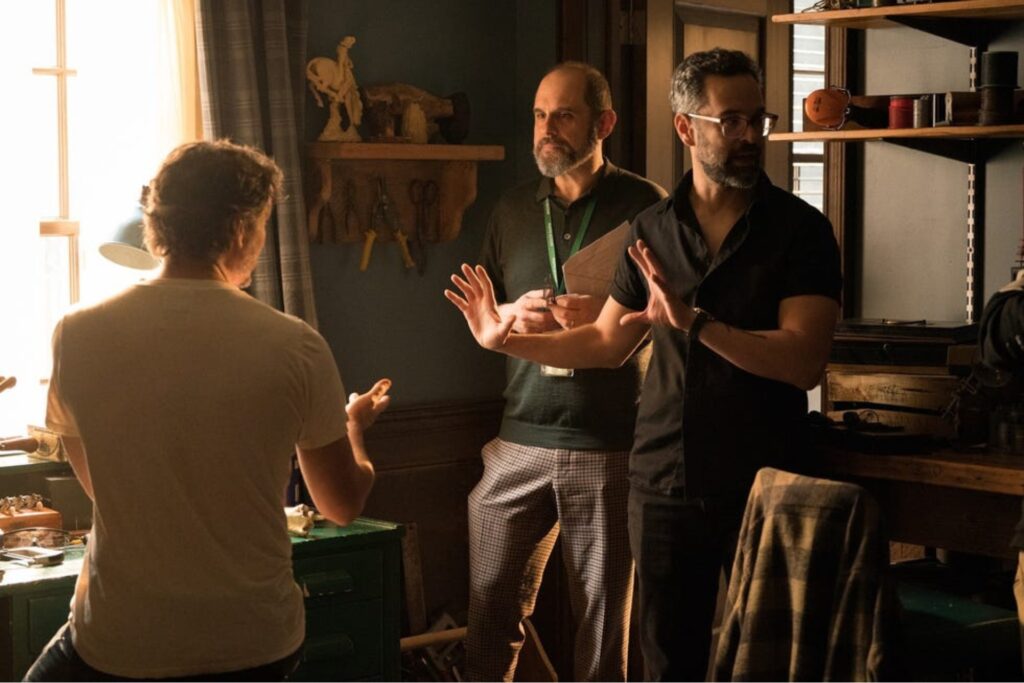
Sending Joel to therapy
You get a chance to hear from someone who is notably not expressive about his internal thoughts and feelings. His own feelings terrify him to the extent that he pushes them down. For twenty years, he just lived in a numb state and didn’t want to feel what he felt when his daughter died. His journey with Ellie is something that he wants get over with as quickly as possible so that he doesn’t dare end up caring about her and thus make himself vulnerable to those feelings again. And of course, he does. But what’s so interesting about that story and where it takes us is his fear was that if he would fail again, she would die.
It is in his moment of victory over that potential circumstance that he ends up losing anyway. Because she knows somewhere deep down that he’s lying. And he knows somewhere deep down that she knows. It was important for me to see him grasping at straws of what her rift with him was about. And for somebody to say, “Stop bullshitting. You’re lying. What are you not telling me?” For a moment, you see the little battle inside him: Should I feel guilty or should I feel proud? Which mimics the debate people have been having about the end of that game forever. For a moment, it feels like he was wrong. And then it very quickly turns into, No, fuck that. I was right. the end. The problem is neither I’m wrong nor I’m right is the correct answer.
Doubling down on themes of parenthood
There is a particular kind of love that a child has for a parent that isn’t really the same as the love they have for anyone else. Joel has experienced both kinds of love, but Ellie’s only experienced one. The same goes for Abby. As their story advances, we begin to come back around to the notion of what it means to become a parent. The idea of new life and somebody who’s needs and future suddenly is more important than your own. That becomes increasingly important as this series goes on, but we start to get hints of it here in this season. So, fatherhood is obviously central to the story, but motherhood becomes essential to the story, too. All of it circling back around to this simple question: How do I manage to do something as beautiful as love someone with all my heart, without that leading me to do terrible things to protect the person I love with all my heart?
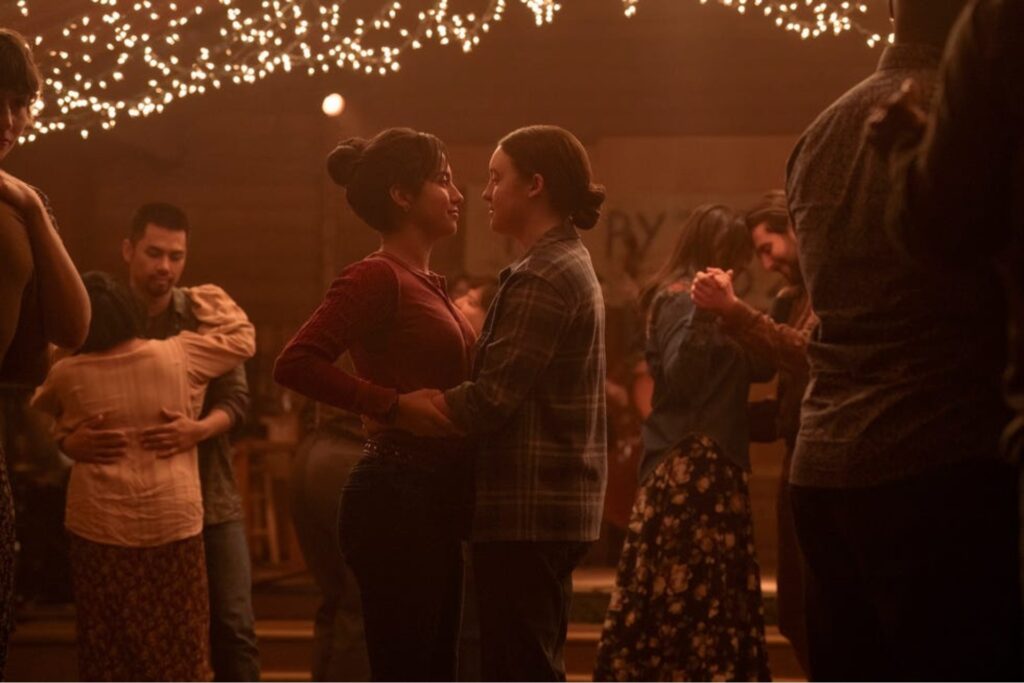
Pulling off Dina
Neil and I said, “Well, if we remove [Dina’s] sidekick-ness from the game function, then the most important question is why? Why is Dina there and what does she provide? We very quickly started to get to this thing that we used to talk about with Joel, which is, “Let’s not talk about what Joel’s good at, let’s talk about what Joel’s bad at.” So we started with, “What’s Ellie bad at?” She has little impulse control. She has poor executive functioning. She sees the world in black and white, and she tends to get dark. She also is not particularly self-reflective. We thought Ellie needs somebody who is shrewd and who is reflective. Also, somebody who is positive even though she has suffered in ways that are just as grievous as the way Ellie has.
What do they see in each other? There was this interesting notion that because our world and the show ends in 2003. Our enlightenment about sexual identity just never happened. They’re living in an old world where at least for some people, not for Ellie, but for some people, figuring out who they are and wrestling with the propriety of that is still a huge problem.
We met with [Isabela Merced]. Neil and I were like, “Let’s go. Let’s do it.” No chemistry reads, no nothing. We’re crazy like that. We’re just like our gut tells us. But there I was on our very first day of shooting, and it’s the scene where Dina comes to pick Ellie up in her little garage to take her out on patrol. Ellie opens the door and there’s Dina. Dina goes, “Hi!” Which is kind of how I wrote it. Impish. She did it and I was like, “We’re fine.” I cannot wait for people to experience Dina in the season because she is the light you need for the dark. Otherwise, it’s just grim.
Bringing the game’s iconic new year’s eve party to life
There are moments where if I were to bring ego into things, or if Neil were to bring ego into things, it would get ruined. Sometimes writers in my position feel like, Well, I can’t just do what was there. Otherwise, what am I? It’s important to recognize when you do have to change things, which Neil is very good at. It’s important to recognize from somebody in my position when to not. And that was a place where I thought my job here is to pepper in a few little bits of things, but mostly give people the beauty of the experience I had when I played that when I experienced it as best I can.
So it’s not enough to say, “Let’s make sure they’re wearing similar clothes [to the outfits in the game.]” No, let’s find a church that looks like that church. Let’s hang the lights the way they hung lights. Let’s make that beautiful shot happen. The words that they share with each other as they’re dancing, don’t mess with it. Get the same band. Have them there for real. Have them playing live while we’re shooting this.
Is Mazin worried that season 2 will face similar criticisms to the game?
I may have to flee. I don’t know. I think that there is a fundamental difference in the way you experience a television show than the way you experience a video game. One of the strengths of the video game medium is that no one says, “So I was playing The Last of Us and Joel did this.” No. I moved him. I did it. Also, I think we’re used to television shows hurting the people we love. Game of Thrones knocked everyone on their ass when Sean Bean died and then two seasons later knocked everybody out on their ass again when they did the Red Wedding. If it’s done correctly, if it’s purposeful, if the deaths impact the story around them and change things permanently in with the characters we care about, then we understand why it happened.
I’m hoping that as people encounter the events of the show, that they will encounter them as we intended. There are lots of upsetting things that happen. We’re a show that started with killing a little kid. Bad stuff happens, but also some beautiful things happen, too. I’m hopeful that people take it as it was intended.
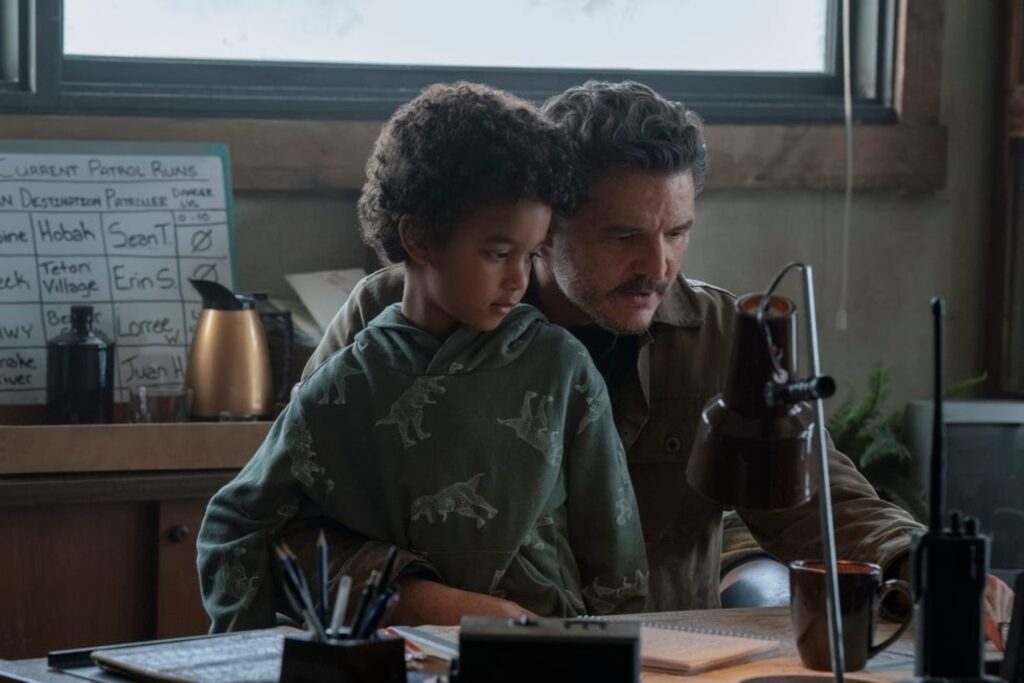
What’s next For Mazin beyond The Last of Us
I’d love to do a show about adolescent mental health from the point of view of parents. Because my wife and I’ve experienced it. And there is this interesting connection when we meet other parents who have gone through it. You’re like, Oh, you know, so now we can have, like a normal conversation about it.
The other thing that I’ve been thinking lately – it was kind of growing out of the joy I had writing what I would call the “two people talking in a room” scenes. We obviously see one here in this first episode with Joel and Gail. I get Pedro Pascal and Catherine O’Hara at the top of their game. There’s a particular scene that I’m fond of with Jeffrey Wright later in the season. It might be nice to write a play. The insanity of creating reality on this scale, the exhaustion of it, the complexity of it is mind-melting.
It would be unexpected and probably financially stupid. But, hey, why start being financially smart now?
One parting thought for all of you watching at home
For Neil and for me and for HBO, it is incredibly important that by the time you get to the end of a season, you feel deeply satisfied. You may not be happy or sad. You will be satisfied. In our streaming era, there is a tendency to just kind of fill the space you’re in a little bit, like a gas. More than anything, I just want people to know we keep them in mind. When you get to the end of a season, I want you to sit back with a full heart and a full mind.
It doesn’t end here with the season, but we think about the audience all the time. Even though we like to provoke thought and we like to explore these deep themes, we believe in entertaining in the truest sense of the word. We hope people feel engaged.
This story originally appeared on Esquire US.
Related:









